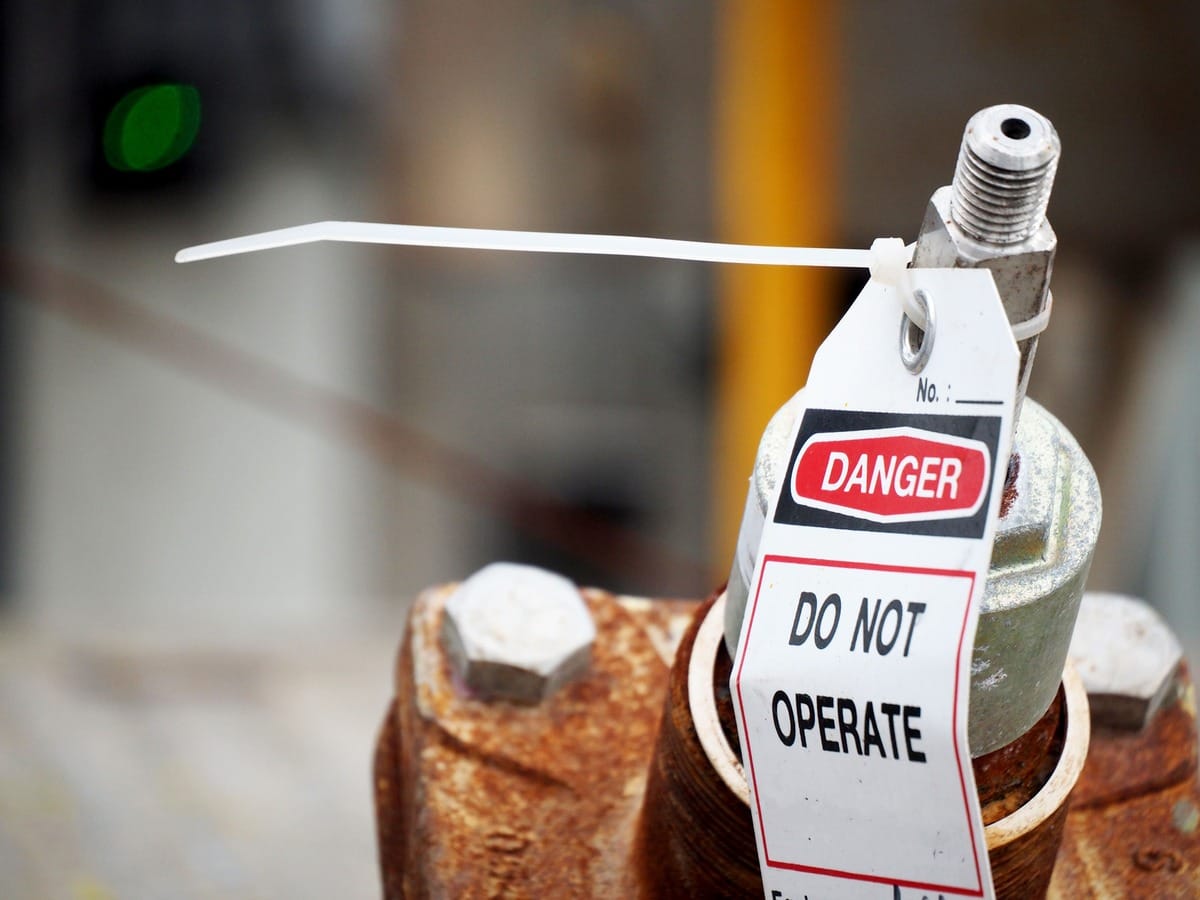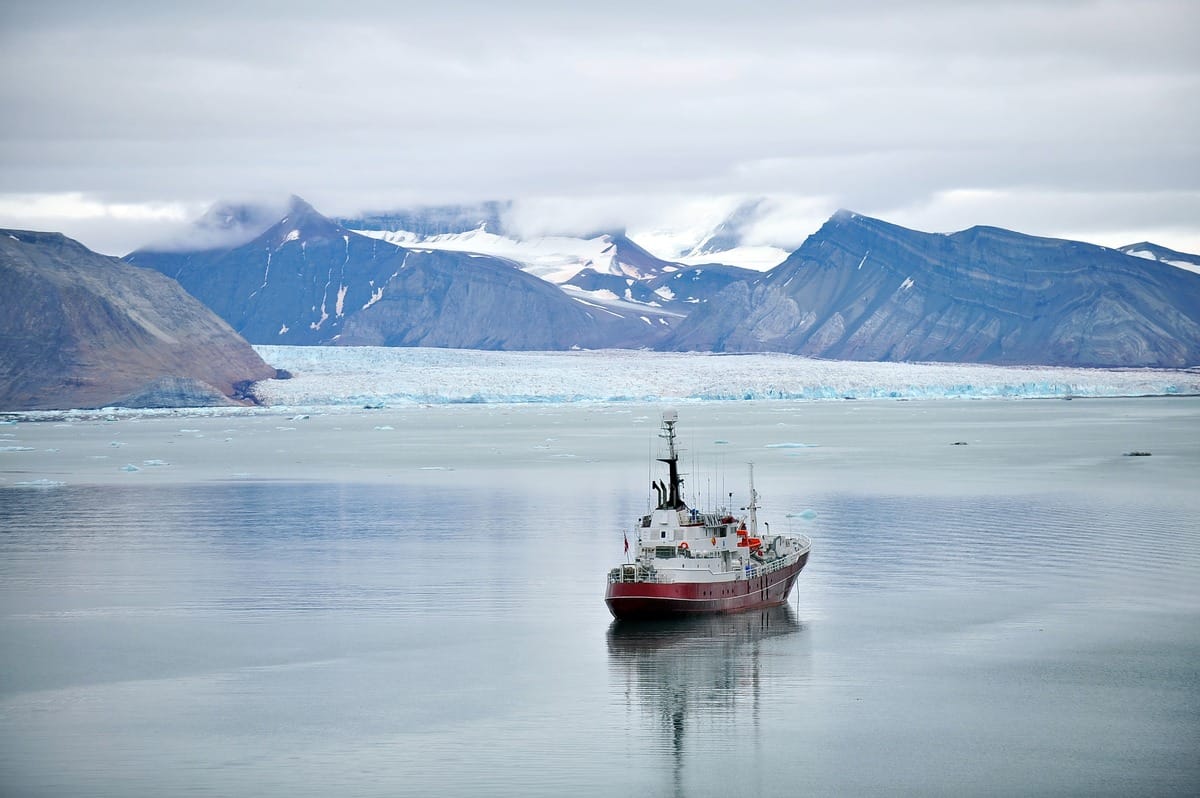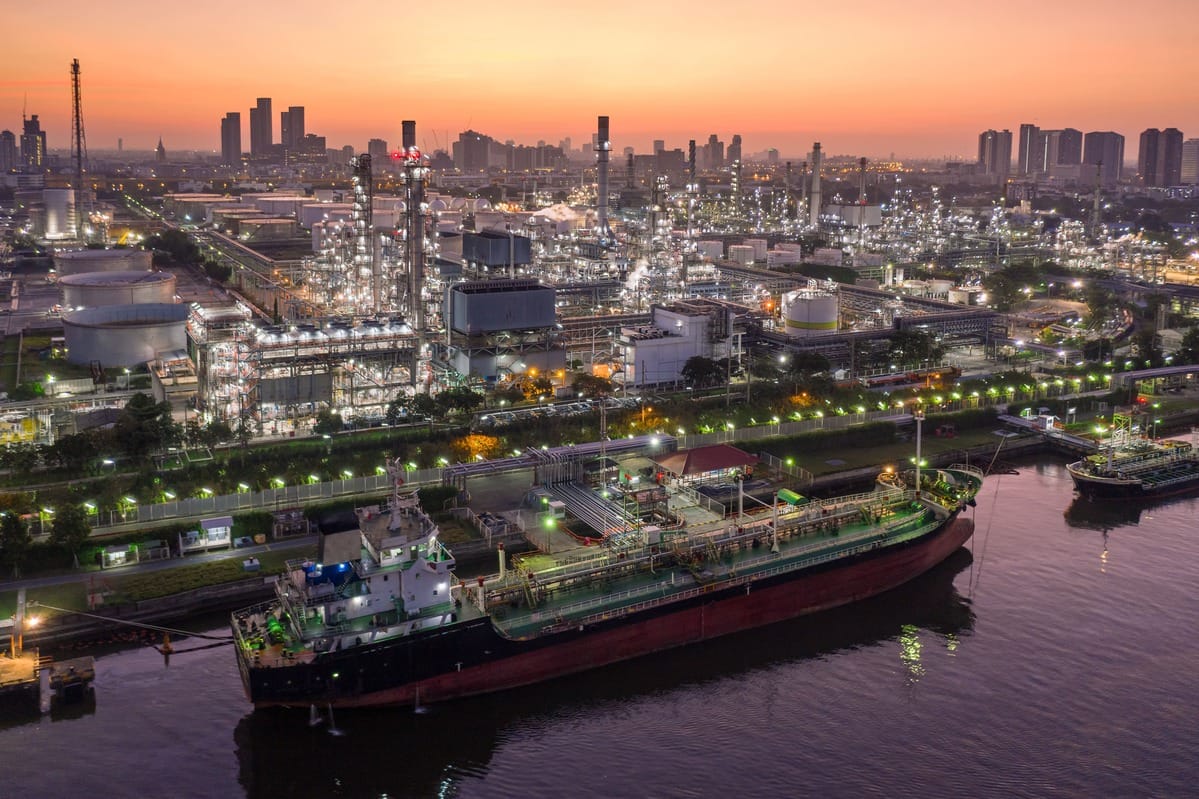A global scrubber ban seems to be a long way off for the International Maritime Organization (IMO) following the twelfth session of the IMO's Sub-Committee on Pollution Prevention and Response (PPR 12) held
A global scrubber ban seems to be a long way off for the International Maritime Organization (IMO) following the twelfth session of the IMO’s Sub-Committee on Pollution Prevention and Response (PPR 12) held in London from January 27 to 31, 2025.

A wide range of topics was on the session’s agenda, including discharge water from exhaust gas cleaning systems (EGCSs).
As informed, PPR 12 discussed developing possible regulatory provisions on restrictions of discharge water from EGCS but noted that “a global ban was outside the scope its work”, classification society DNV informed.
The PPR Sub-Committee reviewed the terms of reference for the GESAMP Task Team on EGCS, with the aim of developing a methodology for emission factors to ensure a uniform evaluation of regional restriction areas. The draft terms were forwarded to MEPC 83 for approval, with an extension of the target completion year to 2026. The IMO’s Marine Environment Protection Committee (MEPC) will hold its next session from April 7 to 11, 2025.
Although numerous countries and ports around the world have implemented measures restricting the use of scrubbers within their territorial waters, there is still no unified action to prohibit scrubbers on a global level.
In late January 2025, the US-based environmental organization Pacific Environment released a new report laying out the case for why the IMO should immediately ban scrubber discharge into the marine environment.
The report, titled “Poison in the Water: The Call to Ban Scrubber Discharge, The Health and Environmental Costs Industry Wants Us to Ignore”, underscores the substantial environmental and human health costs of unrestricted scrubber use, and highlights the economic, ecological, and human health consequences of inaction.
Related Article
“Scrubber discharge is poisoning our waters and marine environment,”Kay Brown, Arctic Policy Director for Pacific Environment, warned.
“Our report underscores the destructive toxicity of scrubber discharge on the marine environment, impacting humans, wildlife and Indigenous communities’ subsistence activities. The report reveals that most ships have already recovered their initial capital costs making banning scrubber discharge feasible. It’s time to end the use of scrubbers.”
Read more
Content Original Link:
" target="_blank">


























































